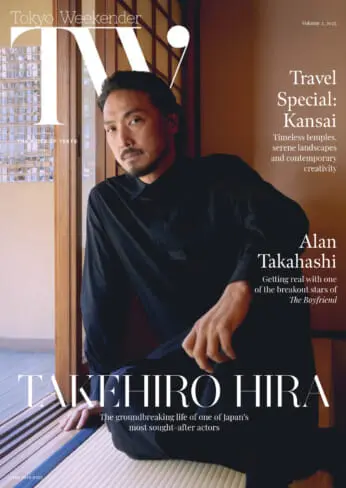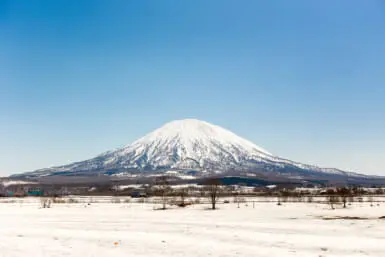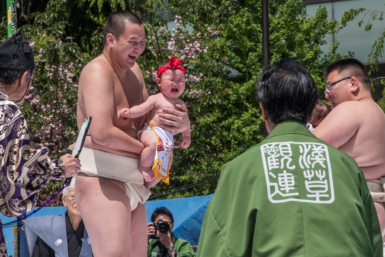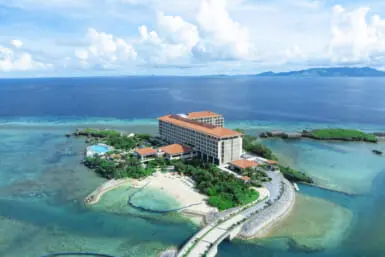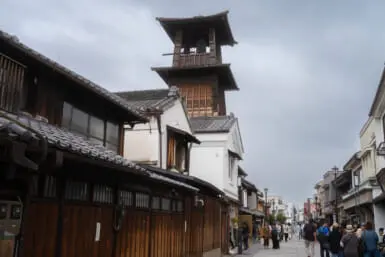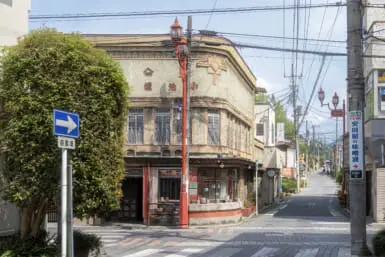Japan’s pacifistic era appears to be drawing to a close.
By Kyle Mullin
The strict antimilitary provisions written into Article 9 of the Asian nation’s constitution after its WWII defeat have since been highly valued by many of its citizens who hope to leave their country’s wartime capabilities firmly in the past. Protestors rallied in front of the parliament building in Tokyo on July 15 to speak out against Prime Minister Shinzo Abe’s new legislation, which could allow Japanese troops to fight abroad since its officials signed the Instrument of Surrender in 1945.
Abe argues that his bill is a fitting upgrade of the constitution that will help the country stave off aggression from rivals like China. But opposition MPs and many citizens counter that the bill will mire Japan in conflicts led by its chief (and what they deem to be infamously hawkish) ally, the United States. On July 15 Reuters reported that those opposition MPs hoisted pickets that read “Abe politics is unforgivable” and “Against ramming bills through” while engaging in heated debate meant to slow the legislation’s approval. But those efforts were to no avail—the bill was approved by the lower house panel, and is now on its way to being passed by the upper house in the coming days, with few obstacles in its way thanks to overwhelming majority that Abe’s Liberal Democratic Party secured in last year’s election.
The demonstrators outside parliament later moved on to Abe’s office that evening, growing to a crowd of about 60,000 and waving banners that read, “Scrap the war bills,” “Protect Article 9” and “Abe, quit.”
The Prime Minsister also has more high profile critics. On July 13 lauded animator and director Hayao Miyazaki—who recently helmed the acclaimed film “The Wind Rises”— told reporters “I presume that PM Abe wants to leave his name in history as a great man who changed the interpretation the constitution. But I think it’s despicable” according to CNN.
That article also quoted Yukihisa Fujita—Abe’s key political rival and the International Bureau Director of the opposition party, the Democratic Party of Japan—who said, “We are very much concerned about the bill, its content and the way it’s been proposed… The government changed the interpretation of the constitution last year, which in itself is against the constitution. 200–300 experts have said that this is unconstitutional.”
Fujita went on to add that: “For the last 70 years Japan has been known as a pacifist nation; it hasn’t sent troops outside (of the country) except in humanitarian roles. This (proposed change) is against the way our security policy has been set up; it will damage the way Japanese people and country [are] viewed. It will damage the view of Japanese as a diplomatic nation.”
Worse still, many of Prime Minister’s former supporters seem to also be joining that chorus of criticism. A recent Daily Beast article by Jake Adelstein quoted former LDP Secretary General Makoto Koga as saying that the Abe administration is “dark and creepy.” Meanwhile, the government’s disapproval ratings have soared to 41 percent in a recent poll, with 59 percent of those respondents saying they were opposed to the legislation.
That article went on to point out the parallels between Abe’s nationalist policies and those of his grandfather, Nobusuke Kishi, a convicted WWII war criminal who went on to shrug those charges and to become Japan’s 56th Prime Minister in the late 1950s and early 1960s. July 15 marked the fifty-fifth anniversary of his cabinet’s joint resignation, after a popular outcry stemming from its “forced ratification of the revised U.S.-Japan security treaty.”
Politics Prof. Koichi Nakano from Sophia University says Abe may face a similar fate as his grandfather, based on the recent opposition to his policies. He explains: “Fifty-five years ago, Kishi’s reactionary politics forced the LDP to accept the constraints of the peace constitution and give up on its ambition to revise it. Abe is now trying to get rid of that constraint by breaking, rather than amending, the constitution—by enabling Japan to exercise the right of collective self-defense through a mere reinterpretation of the constitution. It is a critical day, arguably the worst day, for democracy and constitutionalism in postwar Japan. It could also be the beginning of the end of Abe government, if his unconstitutional and undemocratic move leads to a greater awakening of Japan’s civil society.”
